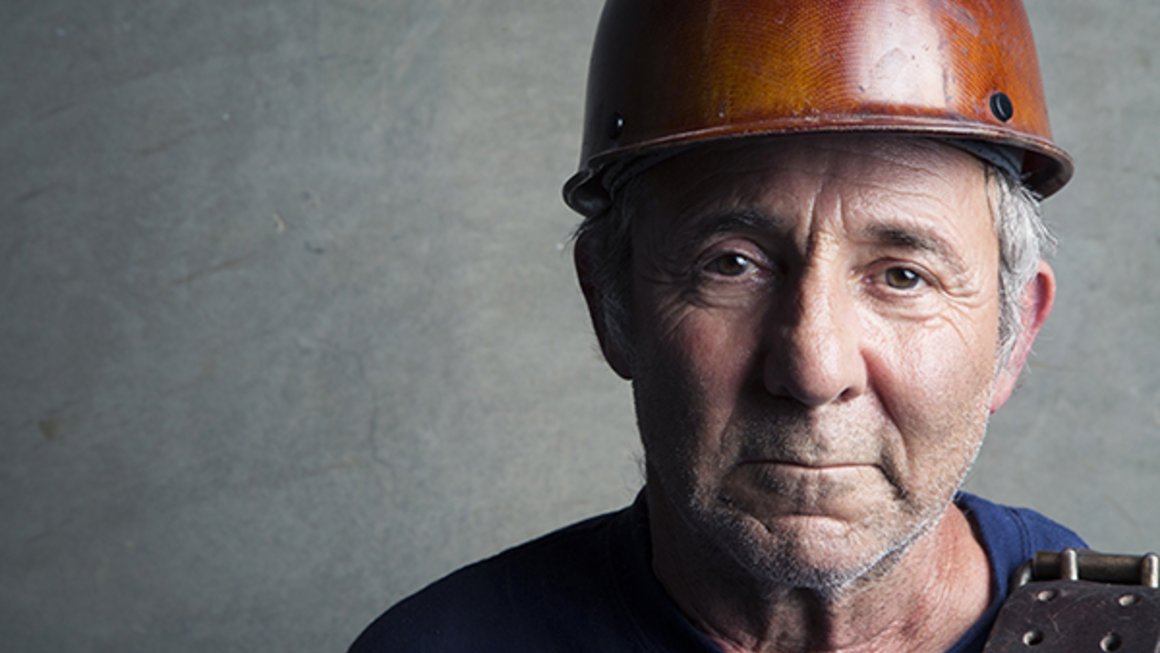Retirement in Europe: When are Europeans allowed to retire?
|

An aging society and not enough children – the dilemma of demographic change is a topic all over Europe. Increasing retirement age seems to be inescapable for many countries. Others forgo this measure, as the following comparison will show.
At what age you can enter into well-deserved retirement depends on the country you live in. Almost 8 years separate the earliest and the youngest retirement ages in Europe.
The leaders: on the labor market until 60 at the most
Retired at 60? That is actually a reality in Slovenia and Luxembourg. In Slovenia, they can retire at the age of 59.3 years. Austrian women also retire at 60 - a full five years earlier than their male colleagues in the country.
At the middle of the pack: 64 and you're out
It is well known that the French consider retirement sacred. For this reason it is not surprising that they retire at 61.6. The Greeks and the Slovakian men are close behind with 62 years each. For women in Slovakia, the retirement age is between 62 and 58.25 years – depending on the number of children. The more children a woman has, the earlier she can retire.
And at the back: 65 years and more
65 years is also the magic number in many other countries, e.g. in Sweden, Belgium, Denmark or Switzerland. In Switzerland, women have to work one year less. In Poland, men and women also have to stay in their jobs for different lengths of time – here, however, the difference is as much as five years. Poles have to stay in work until 66 and Polish women until 61. In Germany, the retirement age is 65, but the standard retirement pension without deductions has been gradually raised from 65 to 67 since 2012 and will continue to be raised until 2029. The Irish and Portuguese bring up the rear at 66 and 66.2 years respectively.

